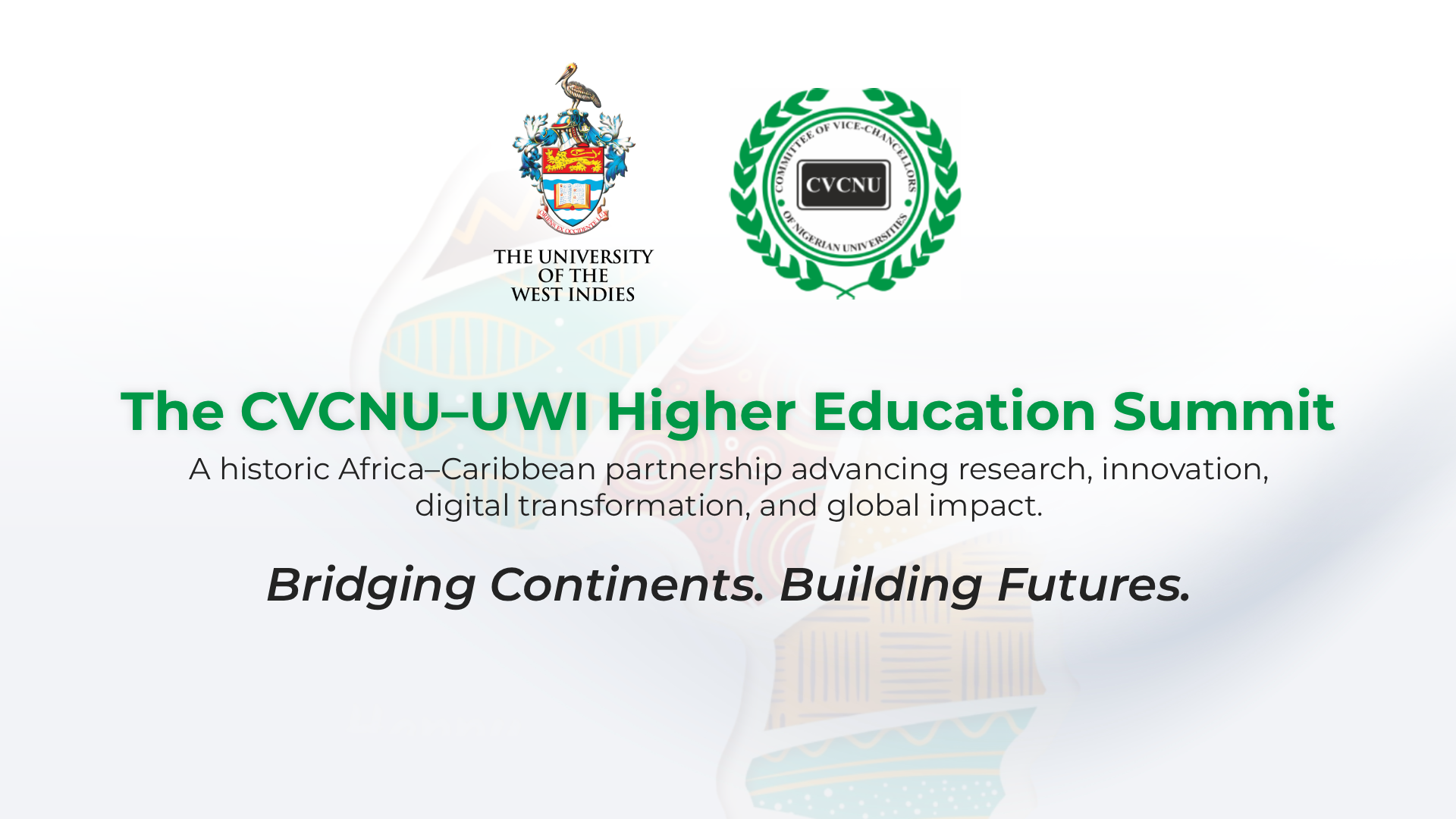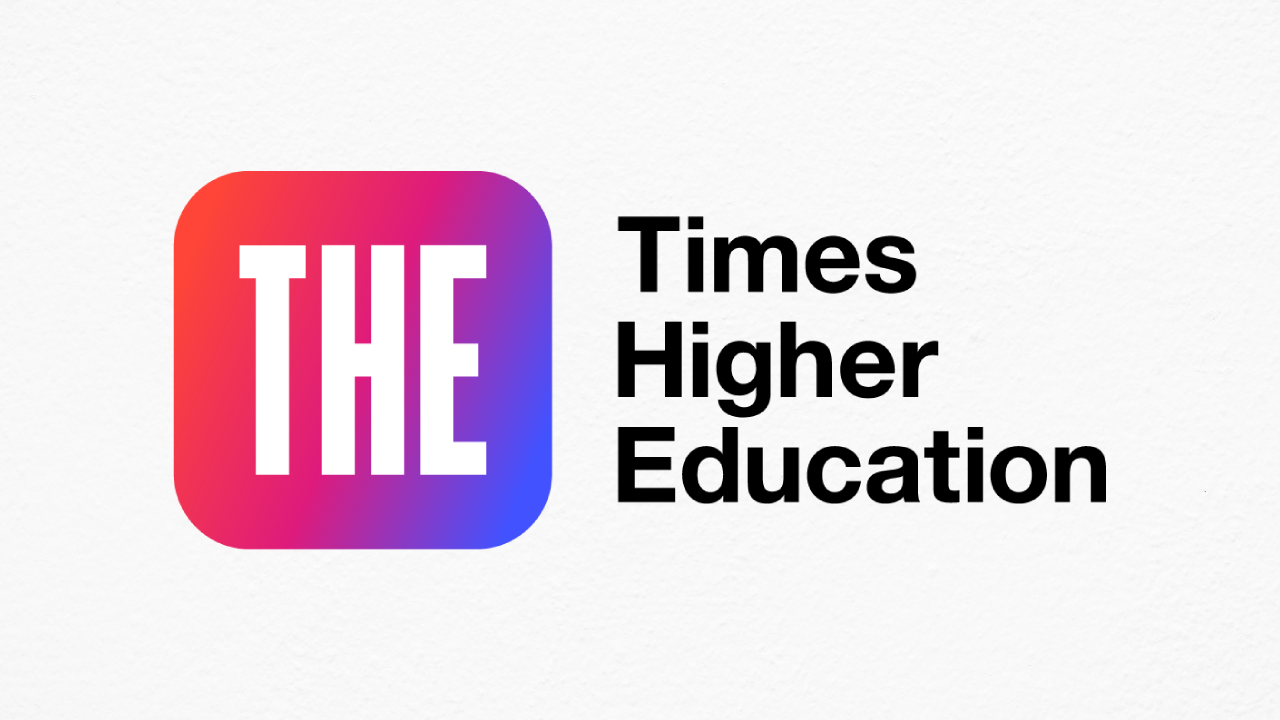
The UWI St. Augustine Campus-based Diplomatic Academy of the Caribbean (DAOC) recently brought the curtain down on a series of activities held in May 2024 to commemorate its 10th anniversary.
The DAOC was established on May 6, 2014, with a primary diplomacy-related training mandate. The professional development training arm of The UWI Institute of International Relations (IIR), the Diplomatic Academy is a unique offering in the diplomatic world. Unlike diplomatic training academies elsewhere, which typically operate as adjuncts to foreign ministries, The DAOC has the benefit of being located within a graduate academic institution that focuses on international relations.
Acting IIR Director Dr Annita Montoute underscored that this first-of-its-kind academy in and for the Caribbean pays homage to and shores up the IIR’s historic mission. The IIR, whose advent was the brainchild of Trinidad and Tobago’s first Prime Minister Dr Eric Williams, is the result of high-level efforts to build requisite capacity in the then-fledgling independent nations of the Caribbean. They intended to cultivate the knowledge and expertise required to skillfully navigate the international system into which they had been thrust as sovereign states.
DAOC Manager Dr Nand Bardouille hailed the vision and foresight of UWI and IIR leaders, along with representatives of the then-Trinidad and Tobago government of the day, who, over a decade ago championed the establishment and construction (adjacent to the IIR) of The DAOC. The Diplomatic Academy was established under the leadership of the then-IIR Director, Professor Andy Knight. Mr. Winston Dookeran, Professor of Practice at the IIR, was also instrumental in conceptualizing the Academy and marshalling requisite support for The DAOC capital project. From 2012 to 2015, Mr. Dookeran served as Trinidad and Tobago’s Minister of Foreign Affairs.


His Excellency Dennis Francis, Ambassador Extraordinary and Plenipotentiary Permanent Representative of the Republic of Trinidad and Tobago to the United Nations (UN) and the current President of the UN General Assembly also contributed to the conceptualization of the Academy. Indeed, prior to taking up his current post, Ambassador Francis served as a co-lecturer for The DAOC’s flagship Protocol and Diplomacy module. The then-Pro-Vice-Chancellor and Principal of The UWI St. Augustine Campus, Professor Clement Sankat, and other distinguished friends of the IIR also played key roles in the establishment of The DAOC.
Dr Bardouille said: “The Diplomatic Academy meets an identified need for a home-grown training centre dedicated to modern diplomatic studies, one that is invested in offering to the region—but also to extra-regional stakeholders—cutting edge, topical diplomacy-related training from a Caribbean vantage point.”
The DAOC is globally renowned for its short, highly specialised certificates, which it regularly confers to its graduates from the public, private and not-for-profit sectors. The Diplomatic Academy now has a decade of experience designing and delivering off-the-shelf and customised/tailored training, which it periodically refreshes, drawing on a pool of adjunct module facilitators.
Since its launch a decade ago, The DAOC has delivered dozens of modules and awarded its learners hundreds of Certificates of Training.
Dr Bardouille acknowledged that for all The DAOC’s achievements, by the late 2010s it was grappling with challenges. Dr Bardouille also recalled that when he took up his position as DAOC Manager in 2019, he put systems in motion to revamp the business model. The new business model focuses on further internationalizing The DAOC brand and widening its base of learners, both in geographic and institutional terms. Traditionally, the Diplomatic Academy’s target audience was primarily Foreign Service Officers, senior public sector officials and technical experts.
“The centrepiece of the associated strategy has been the pivot to online learning—targeting public and private sectors, as well as the non-state actor community, inclusive of civil society and intergovernmental organizations, in the region and beyond—which the Diplomatic Academy operationalized at the cusp of the COVID-19 pandemic. We also place an emphasis on customised/tailored module-based training (inclusive of short workshops, as a complement to our module offerings), and whenever possible we deliver such training in-person. What’s more, The DAOC is active in published written and online broadcast briefings, analyses and public affairs work vis-à-vis assessing and communicating the foreign policy strategy of the Caribbean Community and its member states,” said Dr Bardouille.
Dr Bardouille also credits the groundwork laid by his predecessors, but also the guidance of the IIR Board (past and present) and, by extension, that of successive IIR directors since the mid-2010s for the success of the Diplomatic Academy today.
“Given an ever-changing international relations context and its far-reaching consequences for the Caribbean, topical and timely diplomatic training with a Caribbean orientation—well-suited for working professionals—is an in-service training imperative for The DAOC,” said Dr Bardouille.
He emphasised that this training pedagogy is The DAOC’s calling card, noting that because today’s international (Caribbean) professionals are seized of the importance of being au fait with modern diplomacy The DAOC will continue to be a draw for them.
Dr Bardouille pointed out that, going forward, the Diplomatic Academy will continue to rollout professional training that is responsive to the dynamic changes in and demands of modern diplomacy. He also stated: “With regard to our training, we are committed to remaining competitive and flexible with our tuition pricing structure, with a view to attracting a cross-section of prospective learners. Regarding the formulation and teaching of innovative curricula, we also remain committed to consistently bringing some of the best scholar-practitioner minds in the field to the table—with the quality of our stakeholders’ learning experience foremost in our minds.”
He also affirmed that The DAOC will continue to serve as a bridge between the academic community and international affairs / diplomatic practitioners, citing as an example two high-profile events that the Diplomatic Academy held last month to help mark its 10th anniversary:
- The DAOC collaborating in the delivery of a Vice-Chancellor’s Forum, on May 6th, titled ‘The Multidimensional Crisis in Haiti: Recent Diplomatic Developments and the Way Forward’;
- The DAOC-hosted hybrid symposium titled ‘SIDS4 and the Caribbean’s Diplomatic Agenda: Quo Vadis?’, was held on May 17th.

Dr Bardouille concluded that, drawing on its many partnerships and collaborative initiatives, The DAOC is primed to continue to grow from strength to strength as the Caribbean’s premier diplomatic training centre. He thanked the Diplomatic Academy’s stakeholders for being a part of its journey thus far, but also for their commitment to the academy regarding its onward journey.



